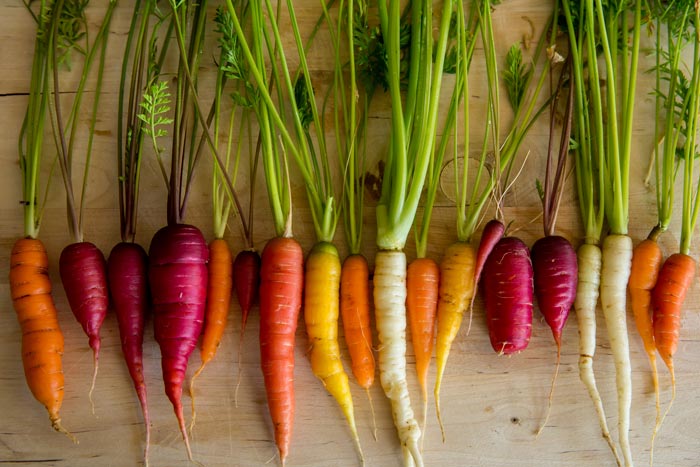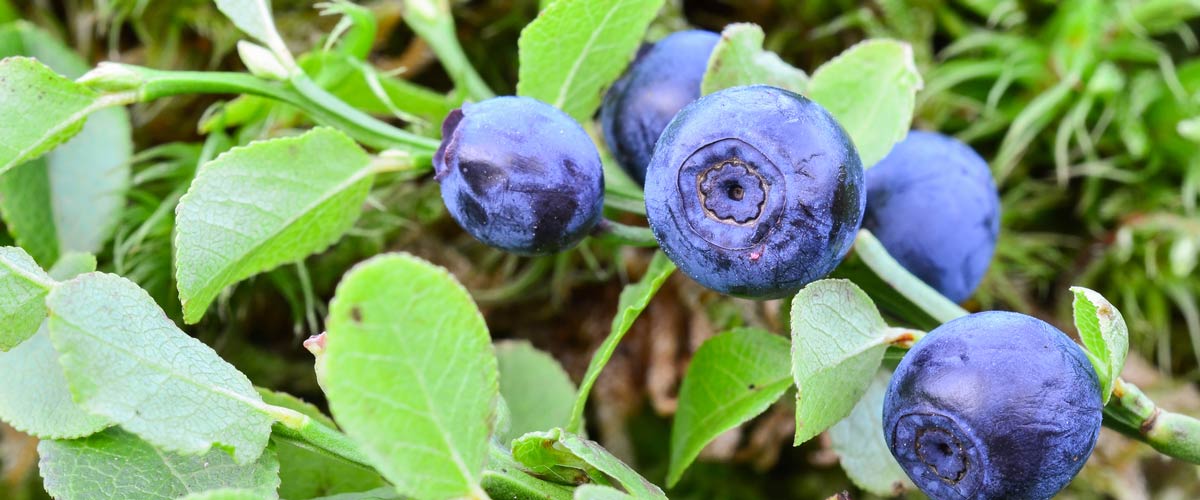Eat your fruits and vegetables. Not only because it’ll make your mom proud but because your best life depends on it.
According to the 2010 Fruit and Vegetable Alliance Report, the average American consumes 0.68 servings of fruit and 1.13 servings of vegetables daily, an embarrassing set of data in comparison to the amount we should be consuming: roughly five to thirteen servings.
Perhaps many are unaware of just how incredible plant-based foods truly are. While it’s well known that fruits and veggies provide a number of life sustaining vitamins and minerals, they are also packed with powerful disease fighting helpers called “phytonutrients.” Though not essential to life, these chemicals work as a team to prevent disease, support a strong immune system and create healthier tissues and organs. There may be as many as 25,000 phytochemicals to benefit from.
Many have tried to bottle these microscopic heroes in supplement bottles with loose marketing claims (Beware: nutrition facts are hardly ever shown, as the FDA does not regulate these products in the same way as food), however, there is no research proving these methods to be superior to the original sources.
A good way for beginners to identify a plant rich in phytonutrients is color, as these chemicals often contribute to a food’s pigment. Deeply hued foods such as berries, dark greens, melons and spices are perfect examples. Of course, there are the few exceptions, such as garlic and onions, which lack color.
Additionally, other plant based foods such as whole grains, nuts, beans and tea have been known to possess these special nutritional powers. Whether you’re just starting out or simply ready to take your eating to the next level, here are four phytochemicals to start consistently incorporating into your diet, as they are known for being major preventative health boosters.
1. Carotenoids
Carotenoids are numerous phytonutrients bundled together. They are the pigments responsible for bright red, yellow and orange hues in plants. These chemicals work as antioxidants in the body, possessing strong cancer-fighting abilities. Many are converted into vitamin A once ingested, aiding in vision and general body growth. Popular sources include sweet potatoes, carrots, cantaloupe, mangoes, tomatoes, bell peppers and oranges.

2 Flavonoids
Flavonoids can be found in almost every fruit and vegetable. It’s the largest phytonutrient group, boasting 6,000 different types. Like Carotenoids, these chemicals are antioxidant agents, helping prevent cancer, neurodegenerative disease and cardiovascular failure. Onions, tea, strawberries, kale, grapes, Brussels sprouts and citrus fruits are some of the richest sources.
3 Ellagic Acid
In lab experiments, this phytochemical has slowed the growth of cancer cells and aided the liver in neutralizing cancer-causing agents. Strawberries, raspberries and pomegranates are popular, easy go-to options.
4 Resveratrol
If you’re a wine enthusiast, you’ve probably heard someone use this chemical as an excuse to keep drinking. Resveratrol is an anti-inflammatory suspected of helping reduce the risk heart disease and cancer as well as promoting longevity. Grapes, and therefore red wine, are prime sources. Careful though, more human studies are needed to establish a clear relationship. For the sake of calories and the damage that comes with binge drinking, let’s stick to drowning ourselves in grapes.
Remember, the effects of phytonutrients are seen over time and should not be used as a quick fix when one’s sick. They can only help prevent or delay disease. Once a disease has manifested, it’s essential to seek medical help. At this moment, it’s difficult to understand the levels at which phytonutrients act in the human body. These chemicals are diverse in nature and affect multiple areas of the body, making it hard for scientists to focus in on one phytonutrient.
Nevertheless, government agencies such as the USDA, NIH and CDC all agree that phytonutrients are the helpers our bodies need to help achieve optimal health. So get snacking on those plants, your mother had it right all along.





